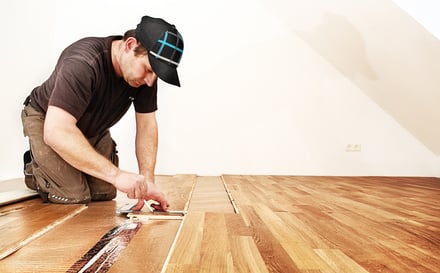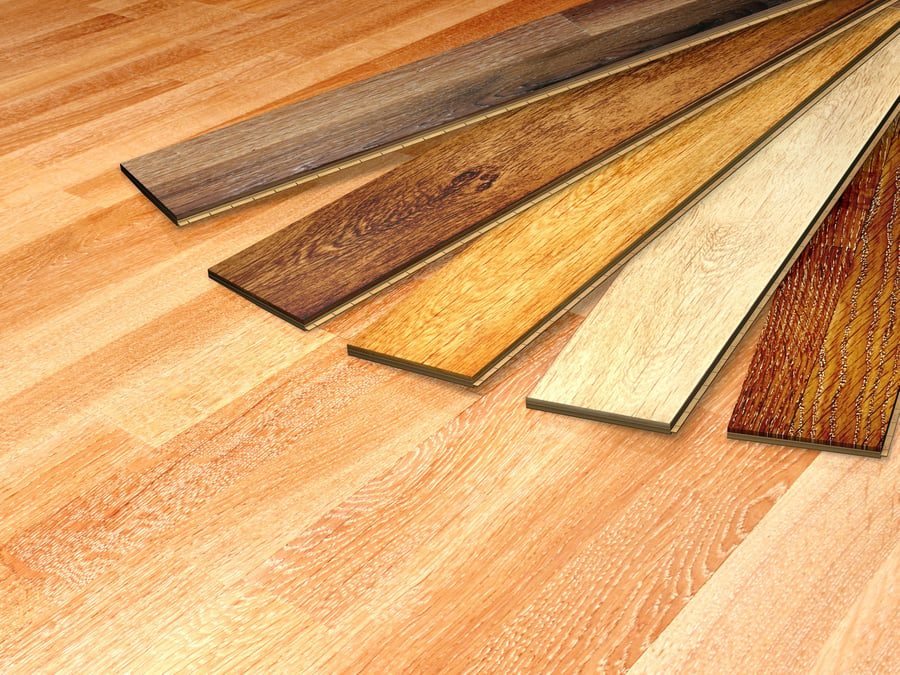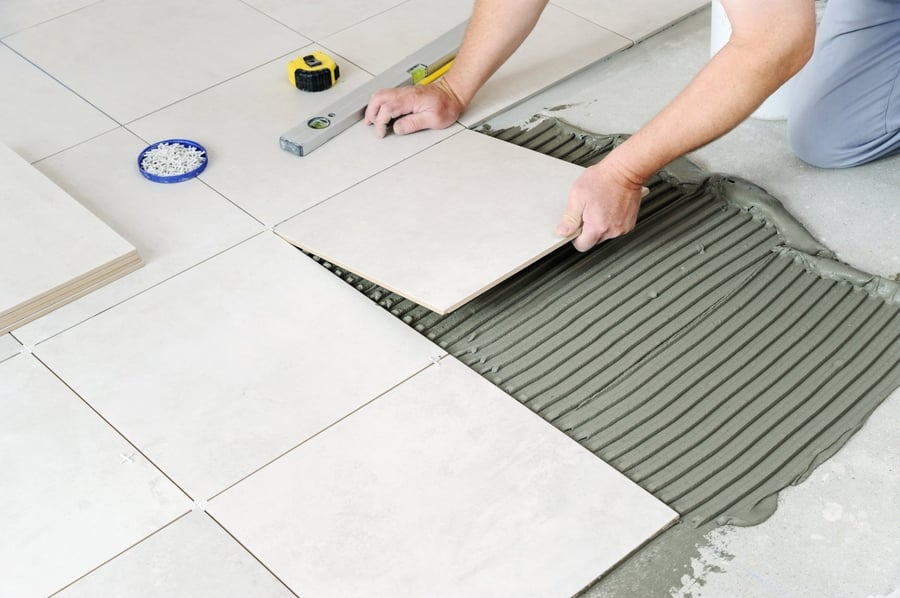Wood Flooring
Flooring
moisture meters
EMC
RH
high-quality moisture meters
agricultural moisture meters
farming moisture meters
USING FLOORING MOISTURE METERS TO PROTECT YOUR DIY HARDWOOD FLOOR INSTALLATION

When you’re installing hardwood floors as part of a DIY home renovation project, odds are you want to make sure that the hardwood you’re using is protected. After all, hardwood is a beautiful flooring material, and the highest-quality wood floors can be very expensive.
To keep your hardwood flooring safe from moisture-related damage, a wood flooring moisture meter is a must-have tool.
How can using flooring moisture meters protect your hardwood floors? Here are a few ways:
1: Ensuring That Hardwood Flooring Has Reached EMC
One issue that might frustrate you on a DIY job is that the wood you bought at the store was acclimated to climate conditions that are completely different from the climate conditions in your home.
This can be an issue because wood is a hygroscopic material, giving off and absorbing moisture until it reaches equilibrium with the surrounding environment. As wood takes on or bleeds moisture, it can shrink or swell.
Swelling wood planks can press against one another, causing damage and warping the wood. Shrinking planks can pull away from each other, creating unsightly gaps and causing the planks to cup.
With a moisture meter, you can check the moisture content of your hardwood floors over the course of a few days or more, as you acclimate the wood to the installation site. You’ll know the wood is at (or at least close to) reaching equilibrium when its moisture content stops changing.
2: Verifying that Subfloors Are at the Correct Moisture Content
The subfloor materials that you have installed below your hardwood floors can significantly affect the hardwood after installation. Excess moisture in subfloors can , cause the hardwood to swell, warp, split and cup – all undesirable defects.
Using a moisture meter prior to installing your hardwood floors lets you verify that the subfloor is free of excess moisture. Armed with this information, you can begin your DIY hardwood flooring installation project with confidence.
3: Finding Moisture Intrusion Sources
One of the biggest threats to your hardwood floors after you’ve installed them is moisture. Whether it’s a fault in the structure letting in water from outside, or a leaky pipe, finding the source of the moisture intrusion is the first step in protecting your hardwood floors.
Moisture meters can help you trace leaks and spot excess moisture in building materials that would be invisible to the naked eye alone. Here, pinless meters are especially helpful, as they can quickly scan large sections of building materials quickly.
By taking readings of wall, floor, and ceiling areas, it’s possible to quickly identify the moisture intrusion source before it can cause too much damage to your floors. The faster you can find and eliminate the leak, the safer your floors will be.
Flooring wood moisture meters can help you protect your hardwood floors from all kinds of insidious moisture-related threats. For help finding the right moisture meter for the job, check out our post about finding a moisture meter for wood.
Subscribe to Our Blog
Post Related

Wood Flooring
Moisture Content
Moisture Meter
Flooring
moisture meters
Equilibrium Moisture Content
EMC
Using Flooring Moisture Meters to Protect Hardwood Floors

